Fuel shortages and political instability caused by the al-Qaida-linked jihadist group JNIM have brought Mali to the brink of becoming an Islamist republic. Armed groups of JNIM fighters have blocked key routes used by fuel tankers, disrupting supply lines to the capital Bamako and other regions across Mali. The disruptions have led to long queues at petrol stations, with people gathering in large numbers to wait for fuel, as seen in a recent photograph taken by Idriss Sangare of Reuters.
According to eyewitnesses, the situation has become increasingly dire, with many residents struggling to access basic necessities. "The fuel shortages are affecting everyone, from businesses to households," said Aisha Traore, a local resident. "We are running out of food and water, and the situation is becoming more and more desperate." Traore's concerns are echoed by many others, who fear that the country is on the verge of collapse.
The JNIM, which is led by Iyad Ag Ghaly, has been waging a campaign of violence against the Malian government and its allies. The group has been responsible for a series of attacks on army-backed convoys and other targets, and has been accused of enforcing strict interpretations of sharia law in areas under its control. The group's actions have been condemned by the international community, with many countries calling for a peaceful resolution to the conflict.
The situation in Mali is complex and multifaceted, with a long history of instability and conflict. The country has been plagued by a series of coups and rebellions, and has struggled to establish a stable government. The current crisis is the latest in a long line of challenges facing the country, and has raised concerns about the potential for the spread of extremist ideology.
Experts say that the situation in Mali is a warning sign for the wider region, and highlights the need for a coordinated international response to the threat of terrorism. "The spread of extremist ideology is a major concern for the entire region," said Dr. Amadou Ba, a security expert at the University of Bamako. "We need to work together to address the root causes of this problem, and to prevent the spread of extremist ideology."
The current situation in Mali is precarious, with the JNIM continuing to exert pressure on the government and its allies. The international community is watching the situation closely, and is likely to take action if the situation continues to deteriorate. In the meantime, residents of Mali are struggling to cope with the consequences of the fuel shortages and political instability, and are calling for a peaceful resolution to the conflict.
As the situation in Mali continues to unfold, it remains to be seen whether the country will be able to avoid becoming an Islamist republic. The international community is watching closely, and is likely to take action if the situation continues to deteriorate. In the meantime, residents of Mali are struggling to cope with the consequences of the fuel shortages and political instability, and are calling for a peaceful resolution to the conflict.
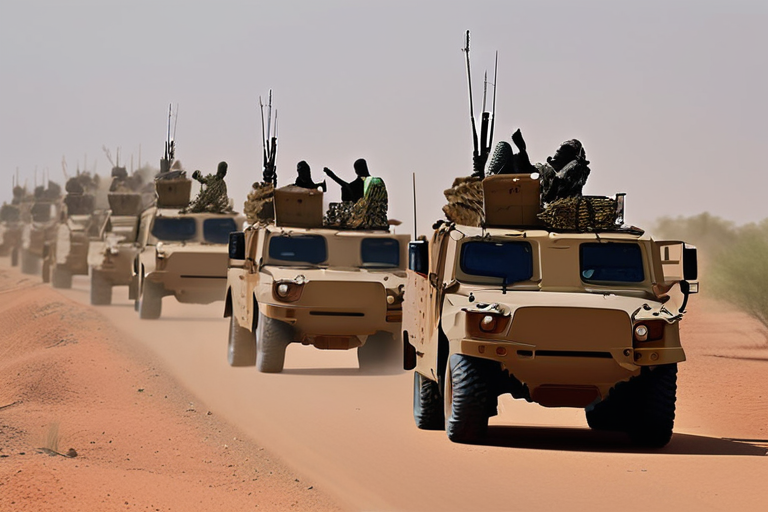


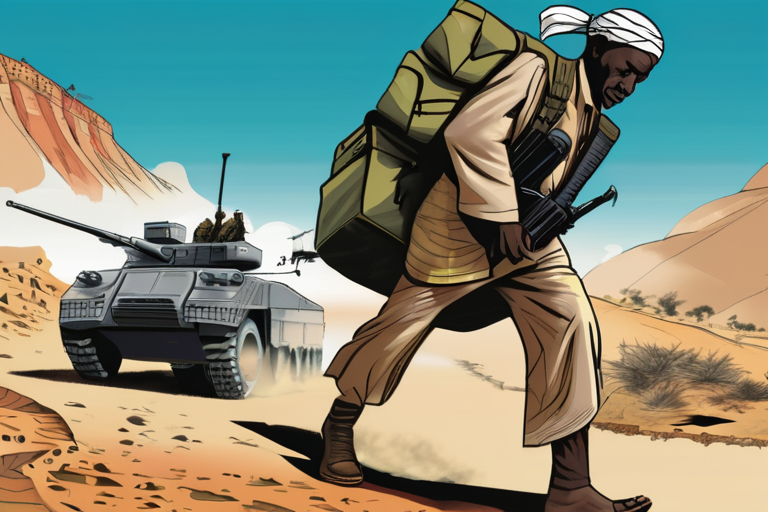
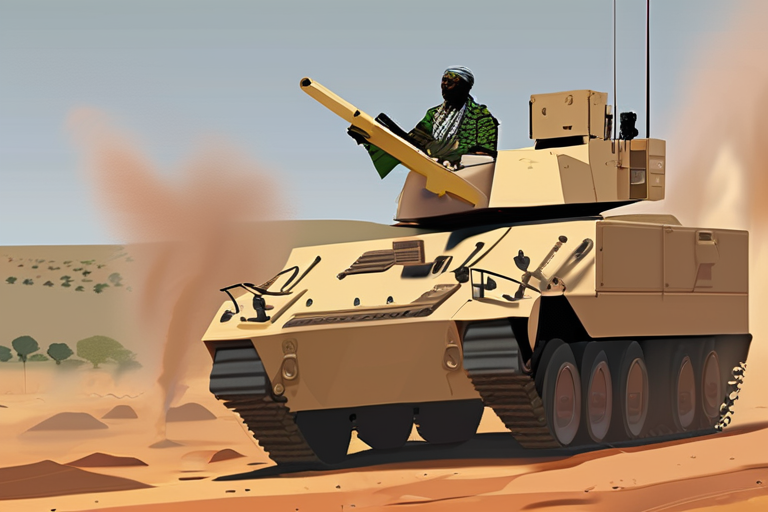
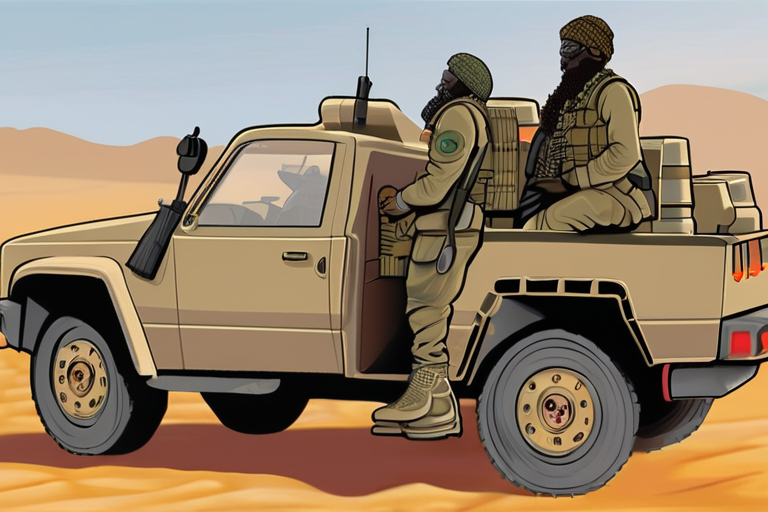
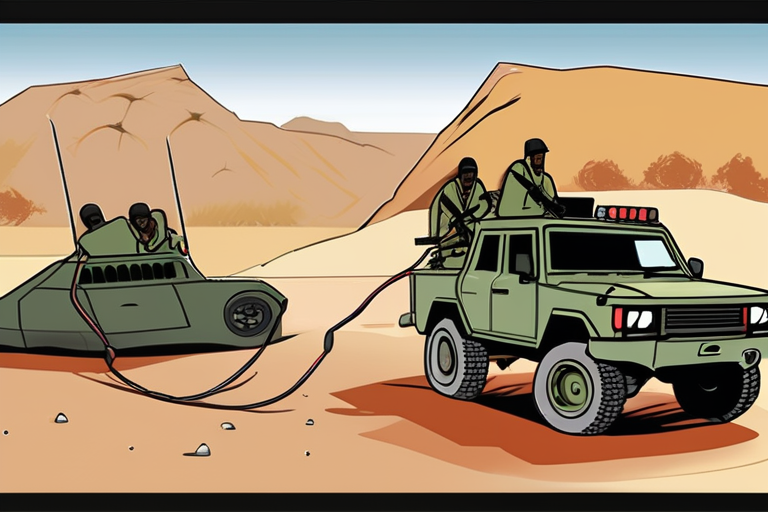
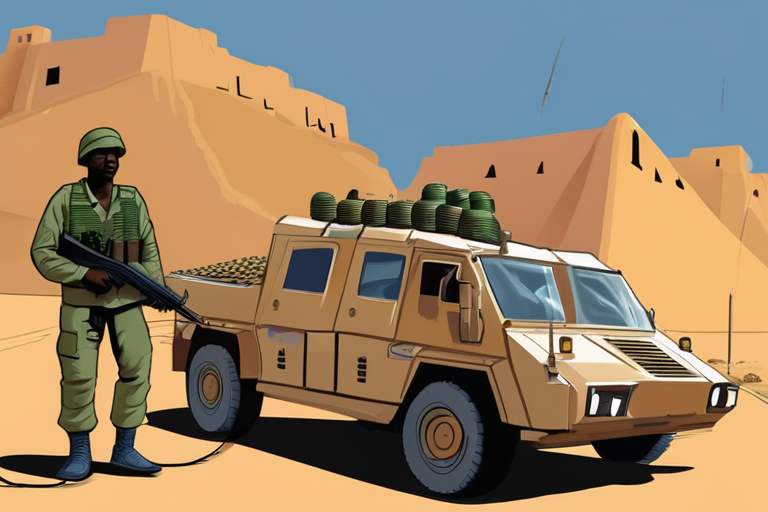
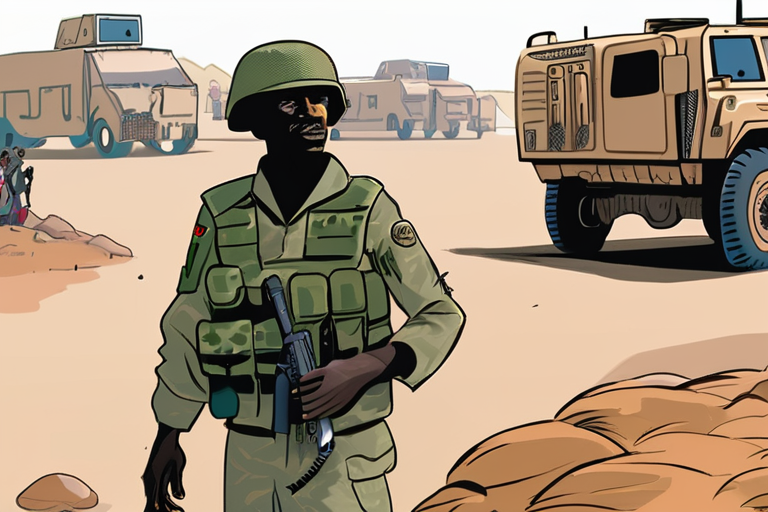
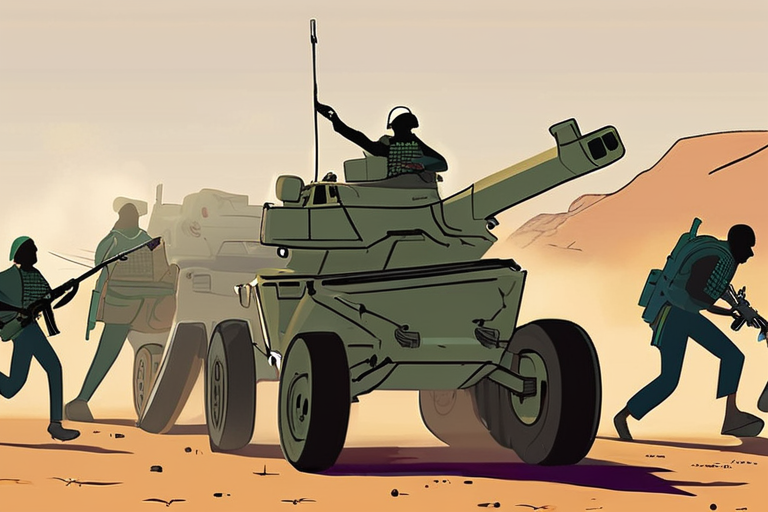
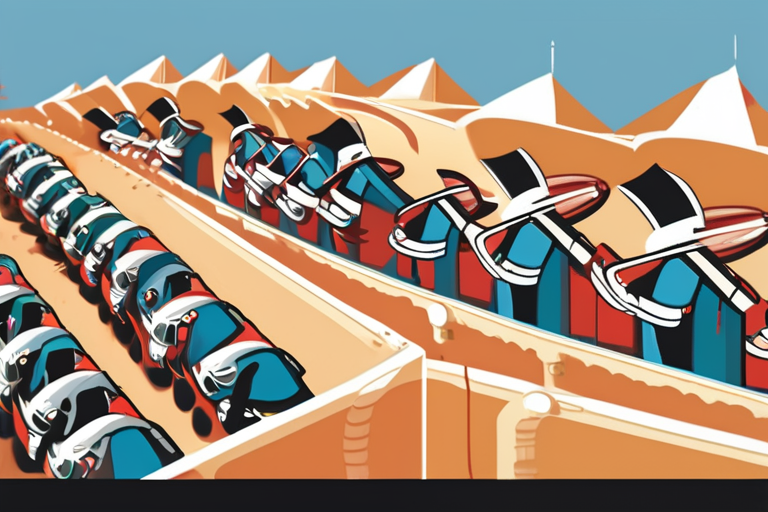
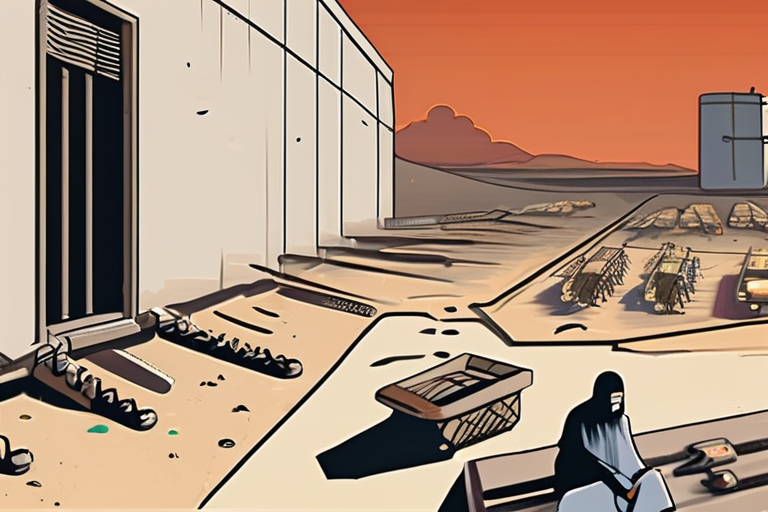
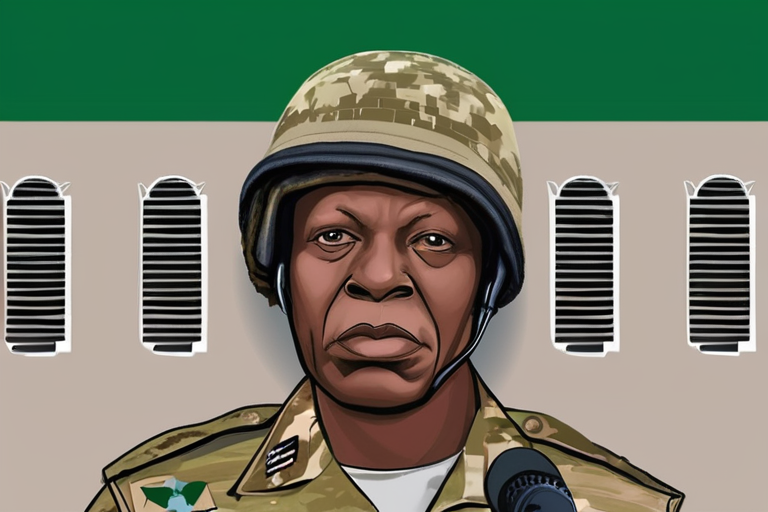
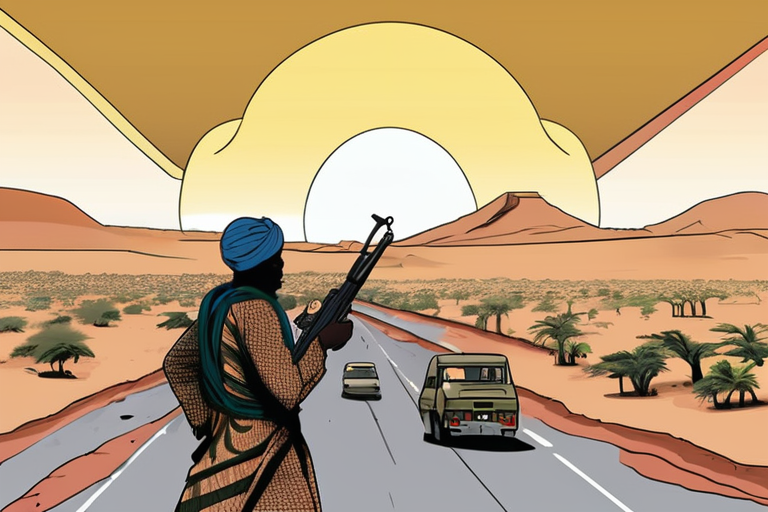
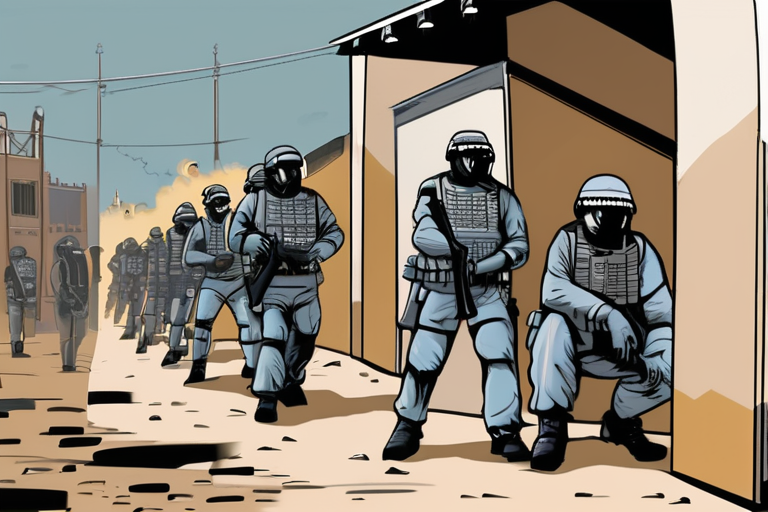
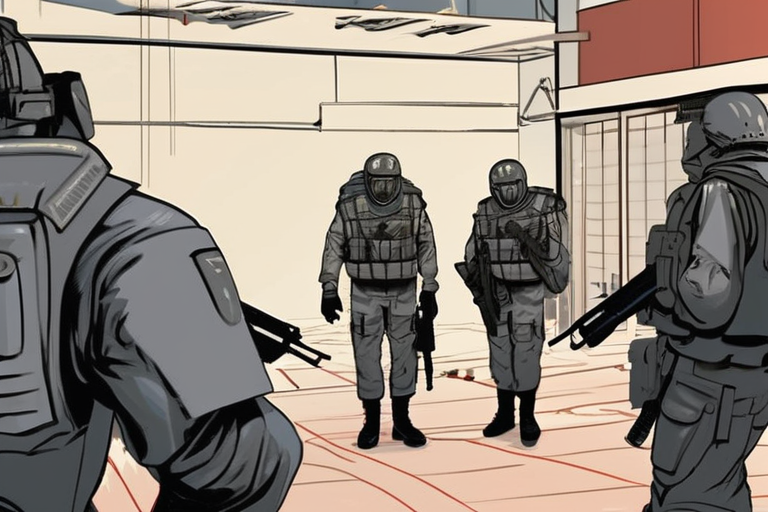
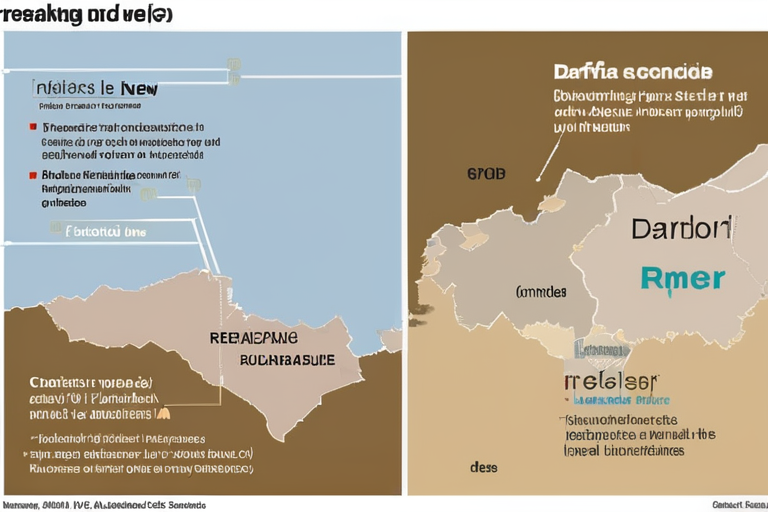
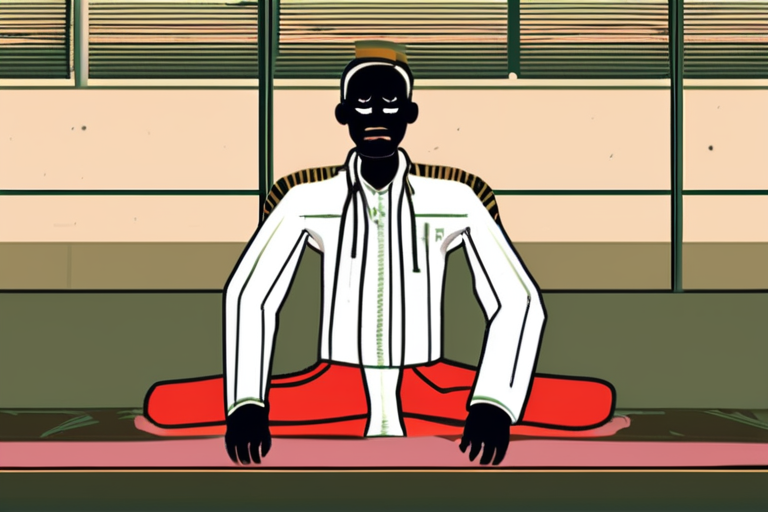
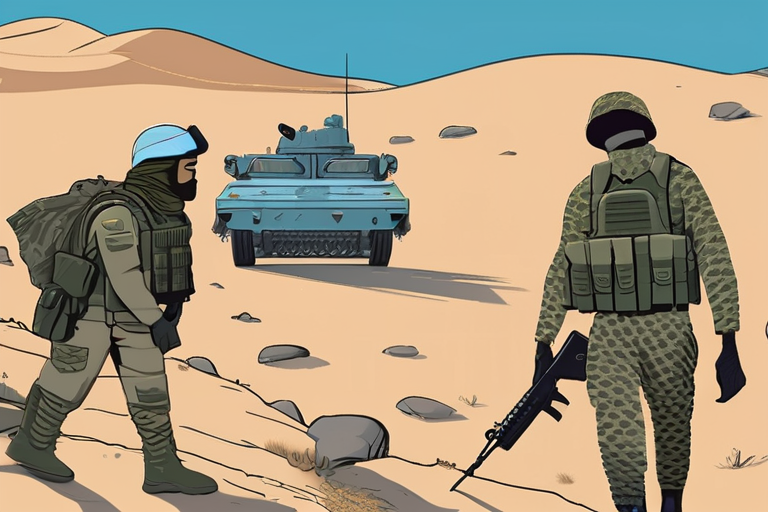
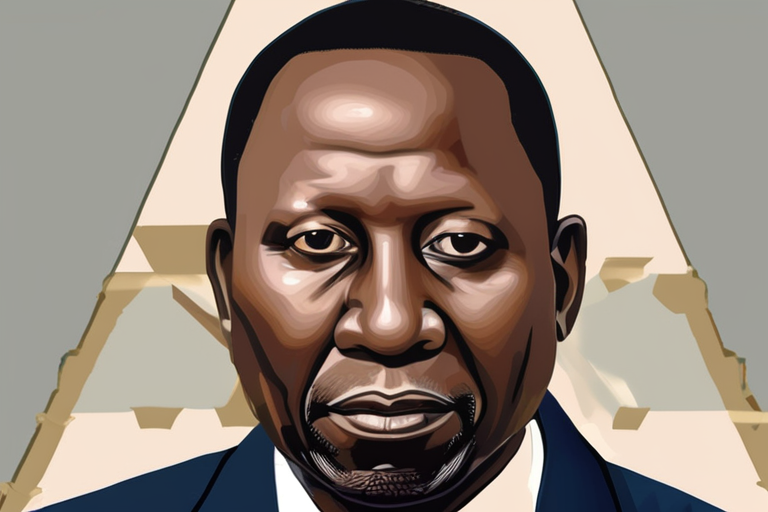
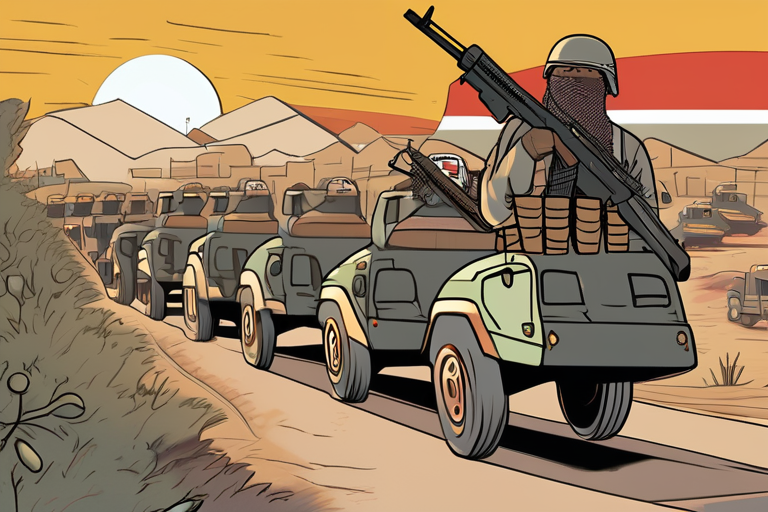
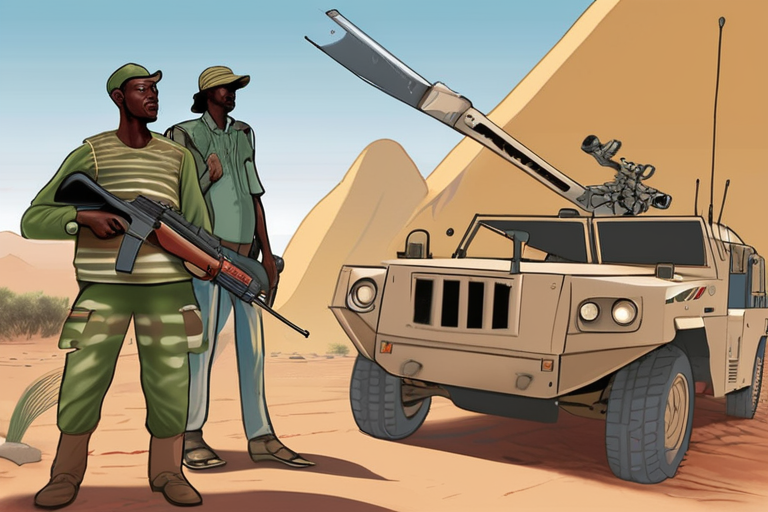
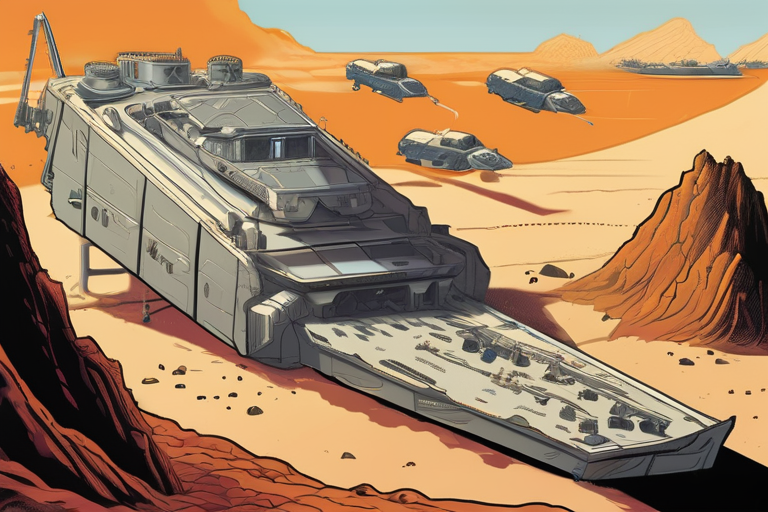
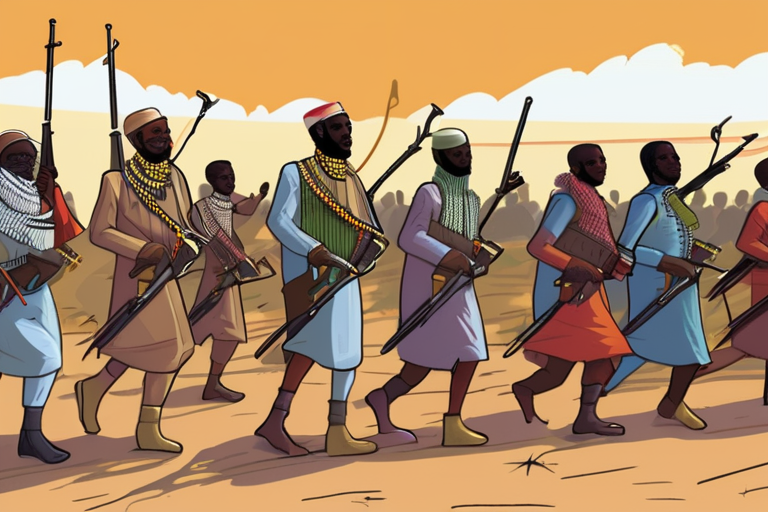
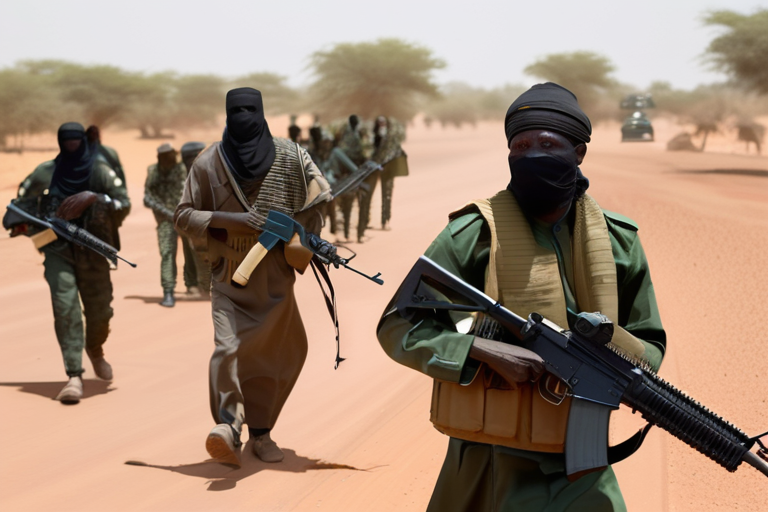
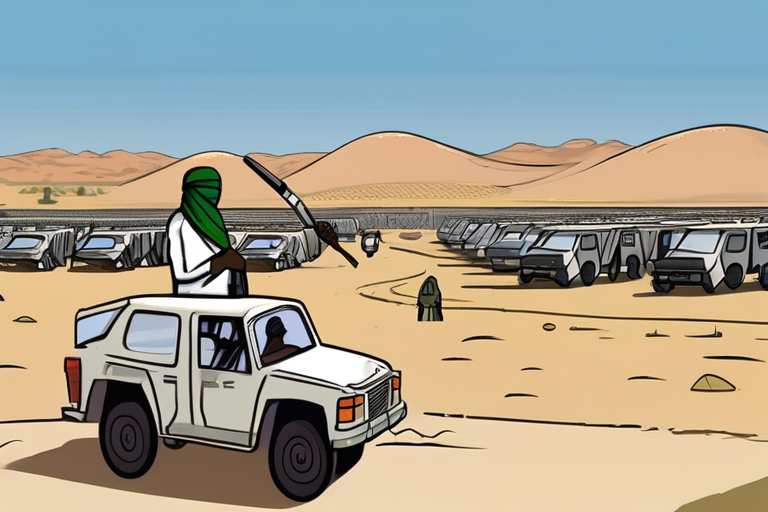
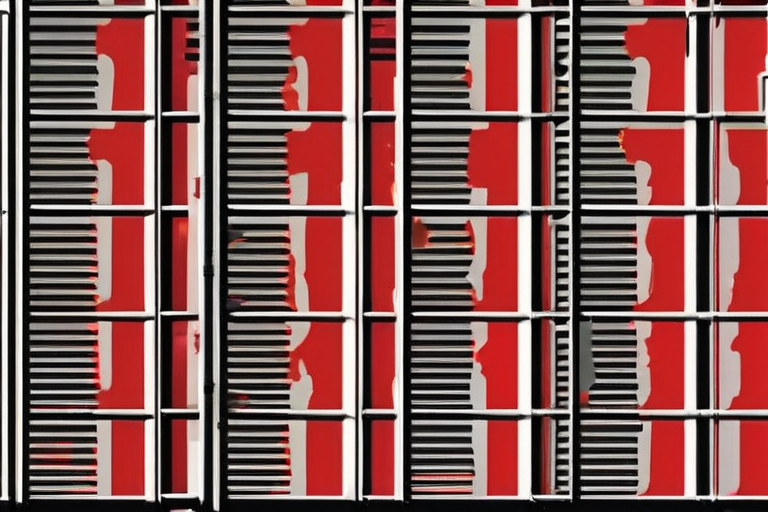
Share & Engage Share
Share this article